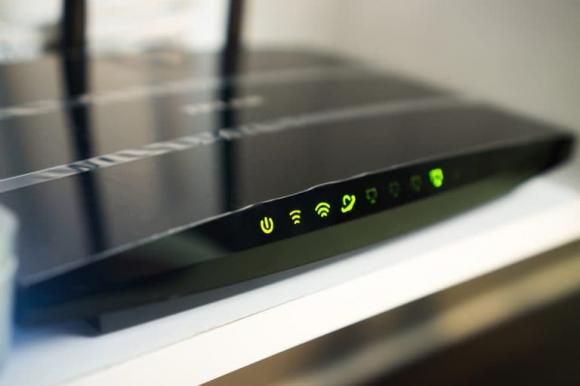With the prevalence of the internet and networking devices in modern times, almost every household now owns a Wi-Fi router. This is extremely convenient as it allows us to access the network, play games, and scroll through Facebook anywhere in the house. However, what most people don’t do is unplug their router once a month. Why is this necessary?
 Why should you turn off your Wi-Fi router once a month?
Why should you turn off your Wi-Fi router once a month?
Firstly, Wi-Fi routers have a CPU, memory, and storage functions just like a regular computer. Therefore, they also need to be “rested” and “refreshed” regularly. Besides improving network speed, restarting your Wi-Fi router can sometimes solve other issues. Restarting gives the device time to cool down and rearrange its memory, thus addressing problems such as overheating or overload. That’s why whenever you call your internet service provider for support, the first thing they advise is to restart your router. Regardless of the issue, turning off and then turning on your router can fix some glitches and bring the system back to a normal state.

Secondly, restarting your Wi-Fi router can get rid of malware. Although most router-related issues are simply glitches that can be easily fixed by resetting, there might be a more “serious” problem. For instance, your router could be infected with malware.
In 2018, 500,000 routers from over 50 countries were infiltrated by malware named VPNFilter. This malware mainly targeted routers in small offices and residential homes. Currently, the possibility of Wi-Fi router infection is very low, especially for high-end products. However, it’s always better to be safe than sorry. Regularly restart your home Wi-Fi device to prevent any potential security breaches.

To address this issue, the FBI advised users to turn off their routers, wait for 30 seconds, and then turn them on again. This simple action helps eliminate the malware from the device. It’s important to note that users only need to turn the device off and on, without performing a reset. Resetting returns the router to its original factory settings, which can affect user data such as passwords or login information.
You can turn off your router when you leave the house for work and turn it on again when you return. This way, your Wi-Fi gets a “break” from 9-10 hours every day.
According to Conglyxahoi
“Secure Your Messaging Apps: A Guide to Protecting Your Messenger, Zalo and Telegram Accounts”
“Protecting your data and personal information on popular messaging apps such as Telegram, Zalo, and Messenger is crucial for staying safe online. With sophisticated writing skills, we can empower users, especially women, to take control of their digital privacy and avoid potential risks and threats.”






































